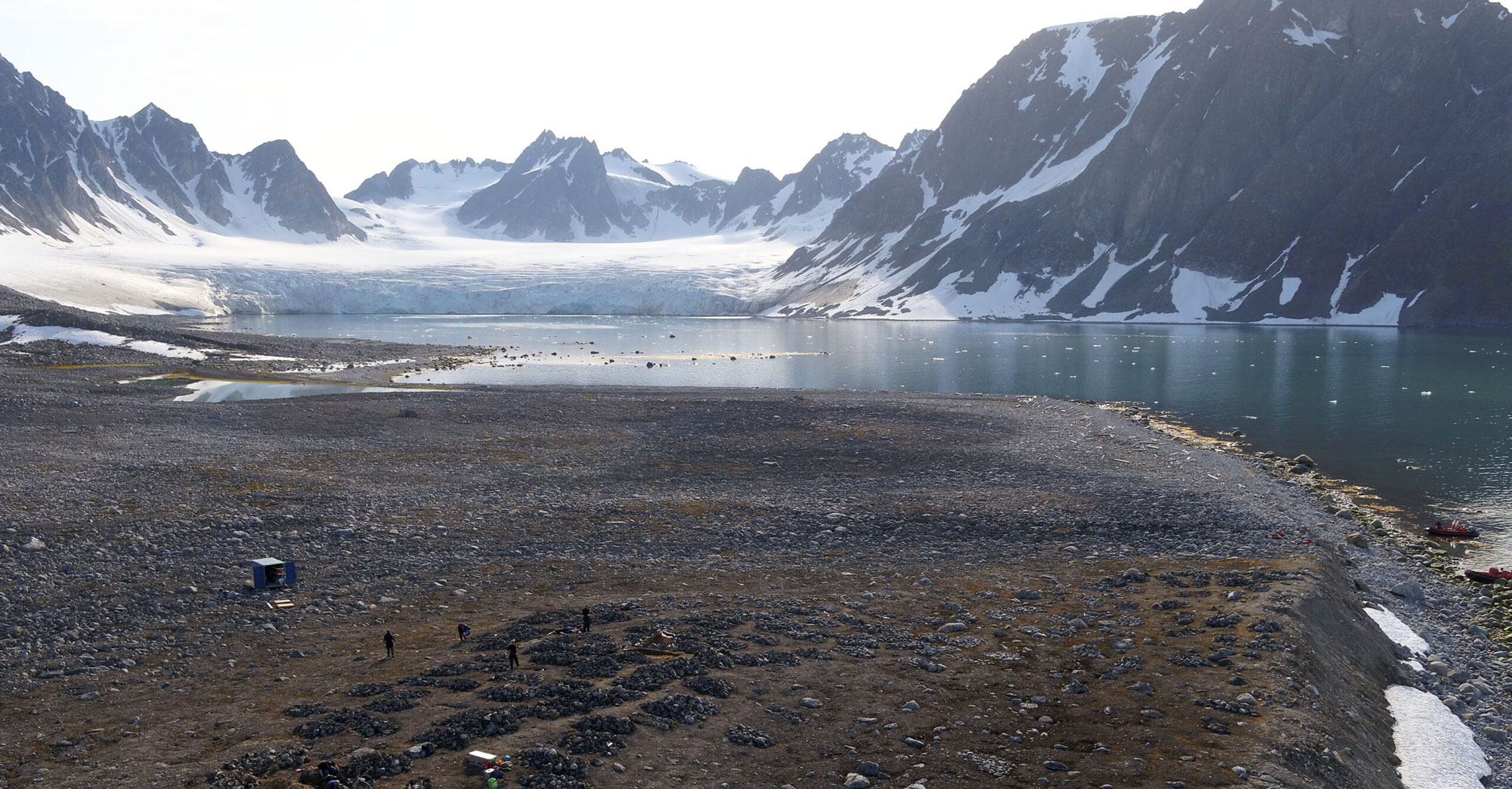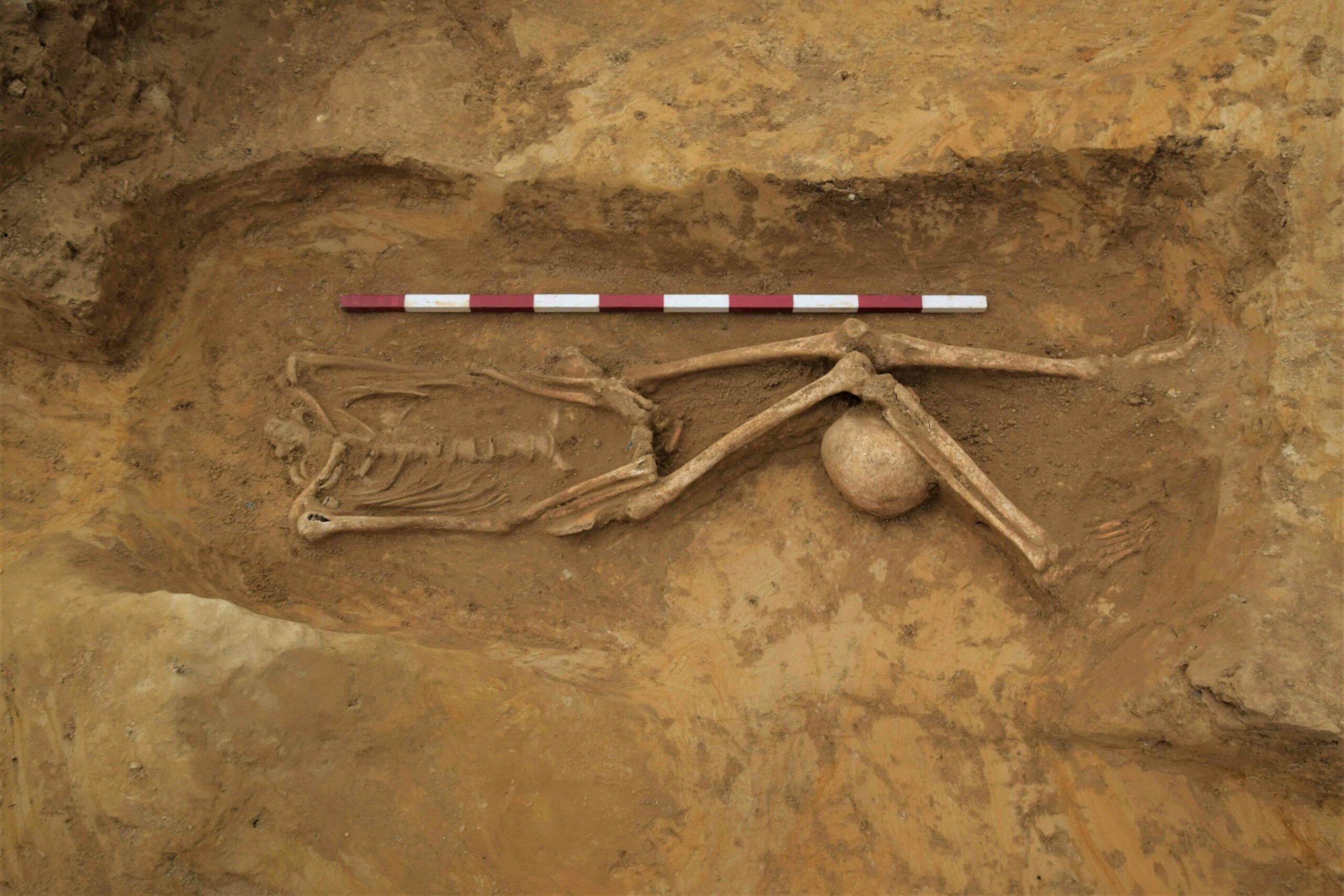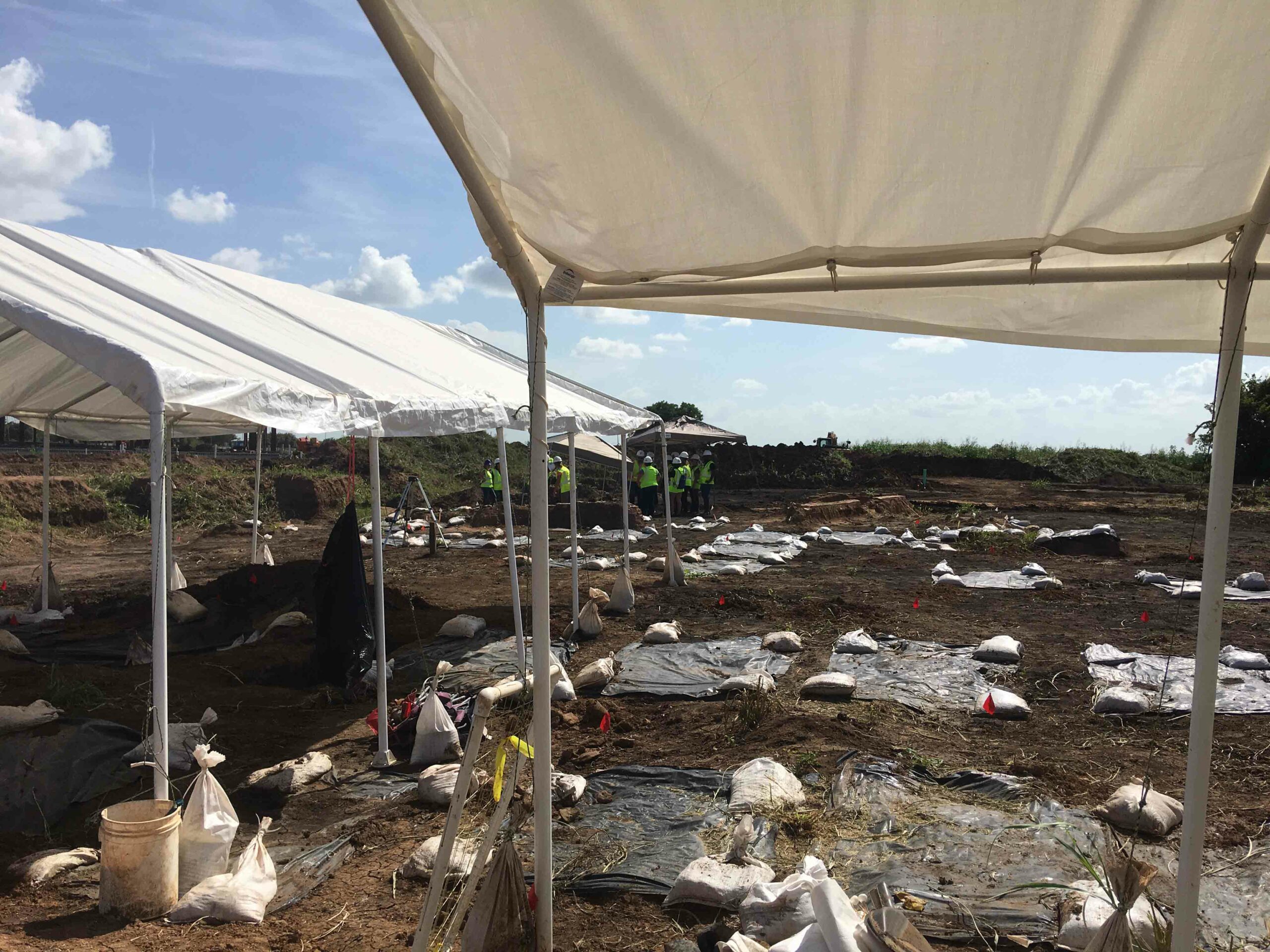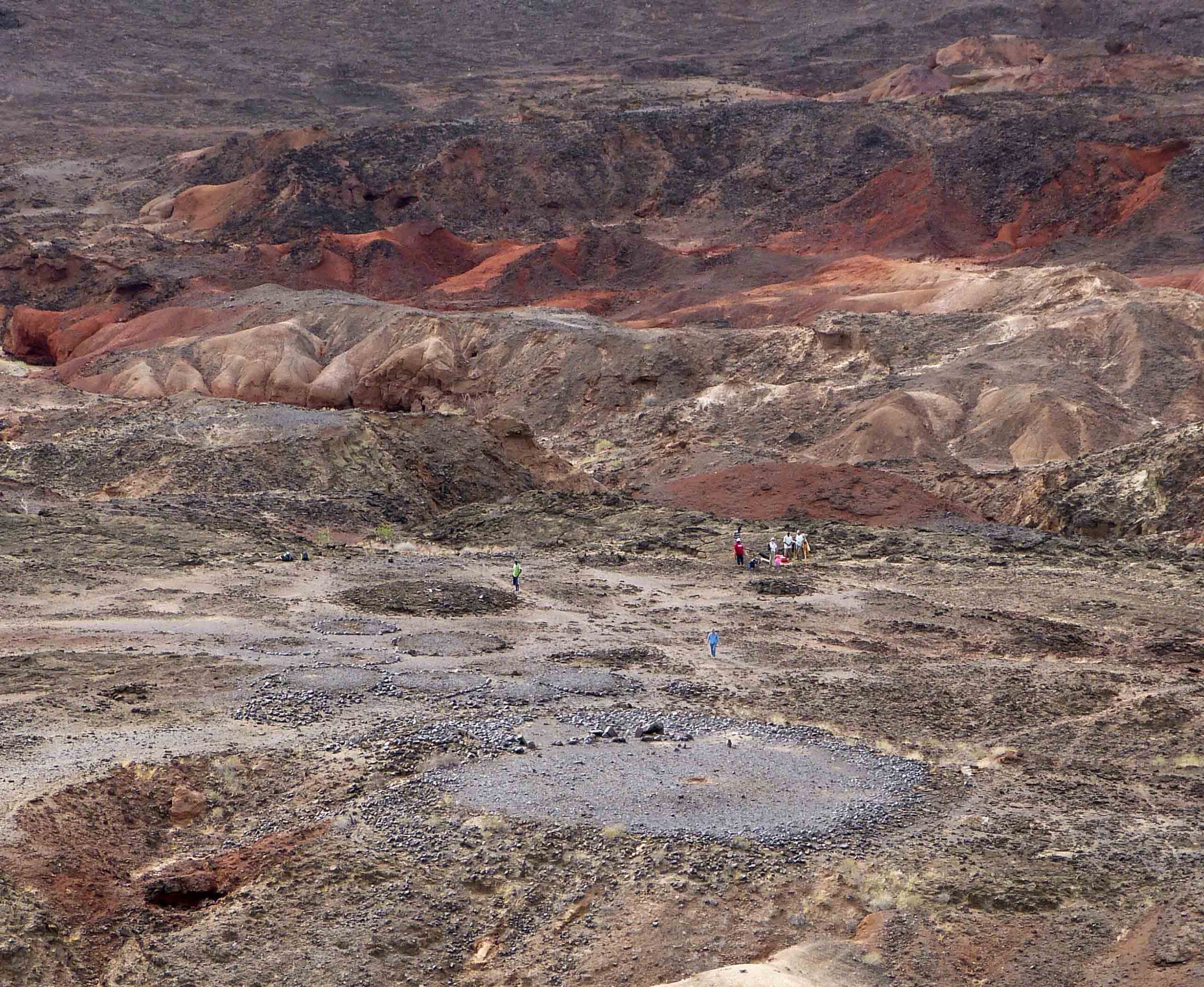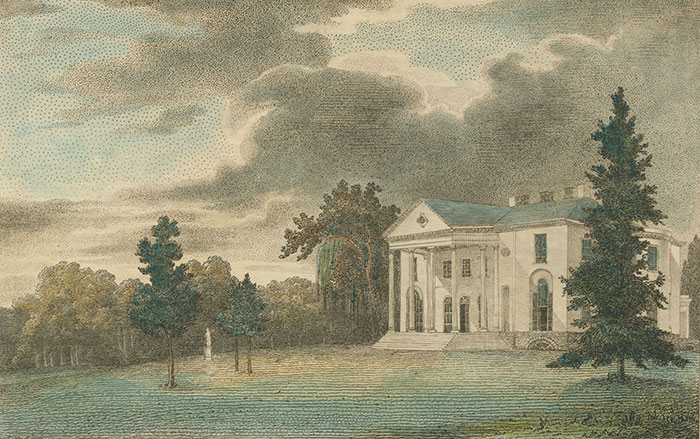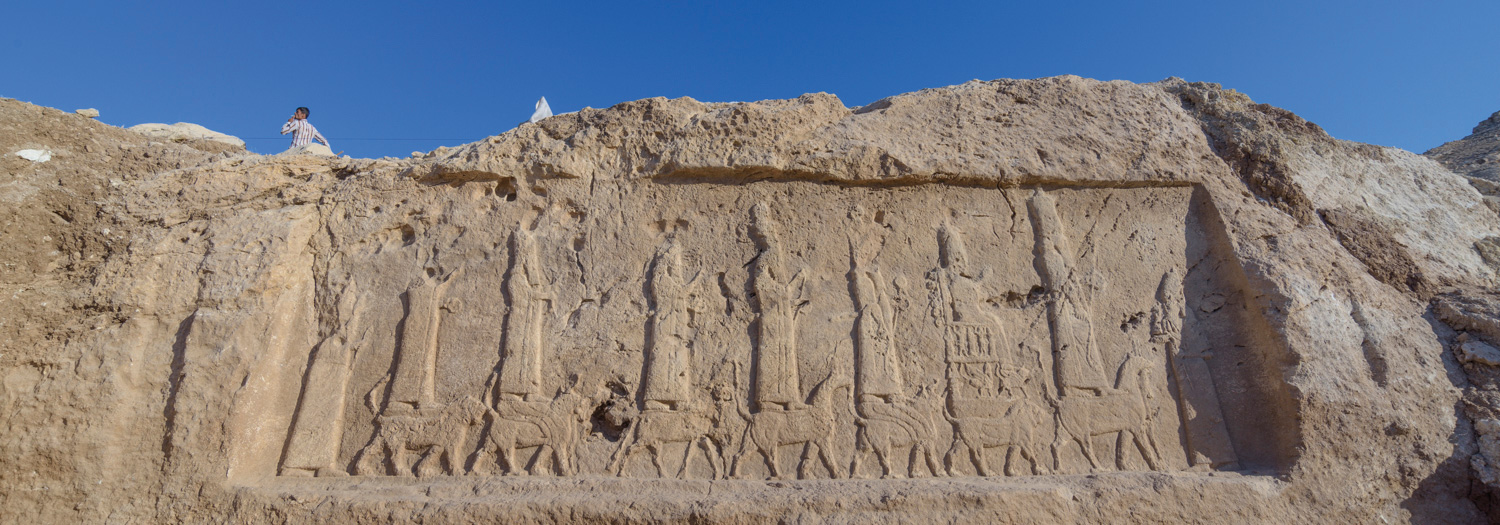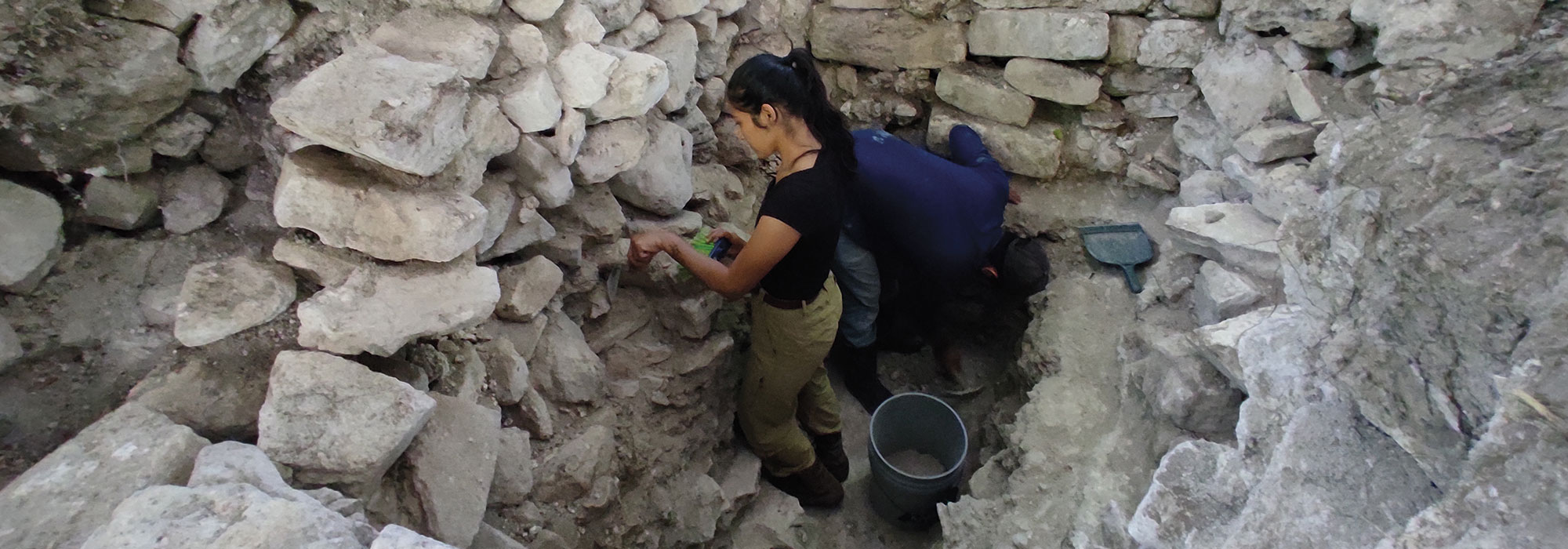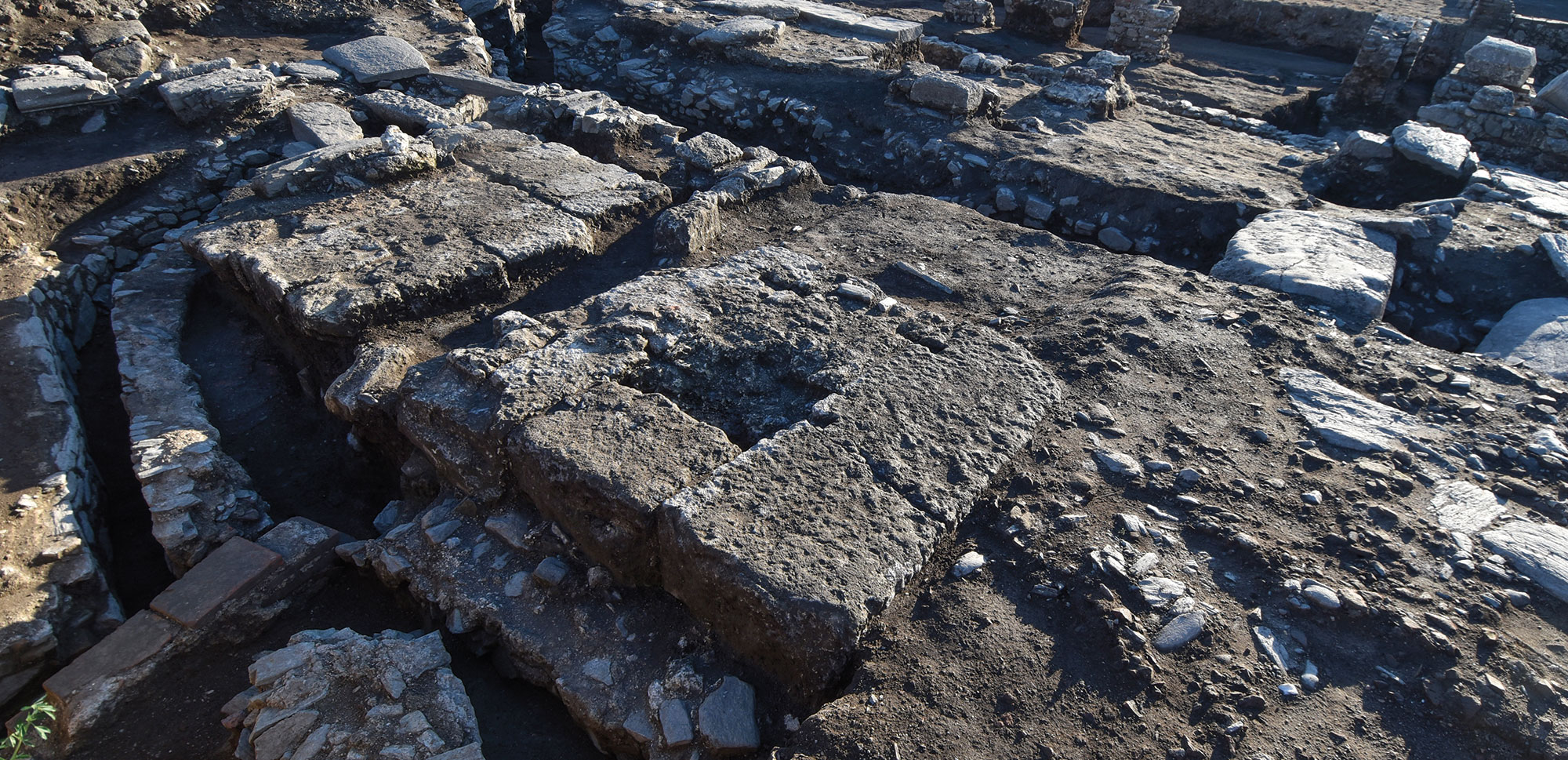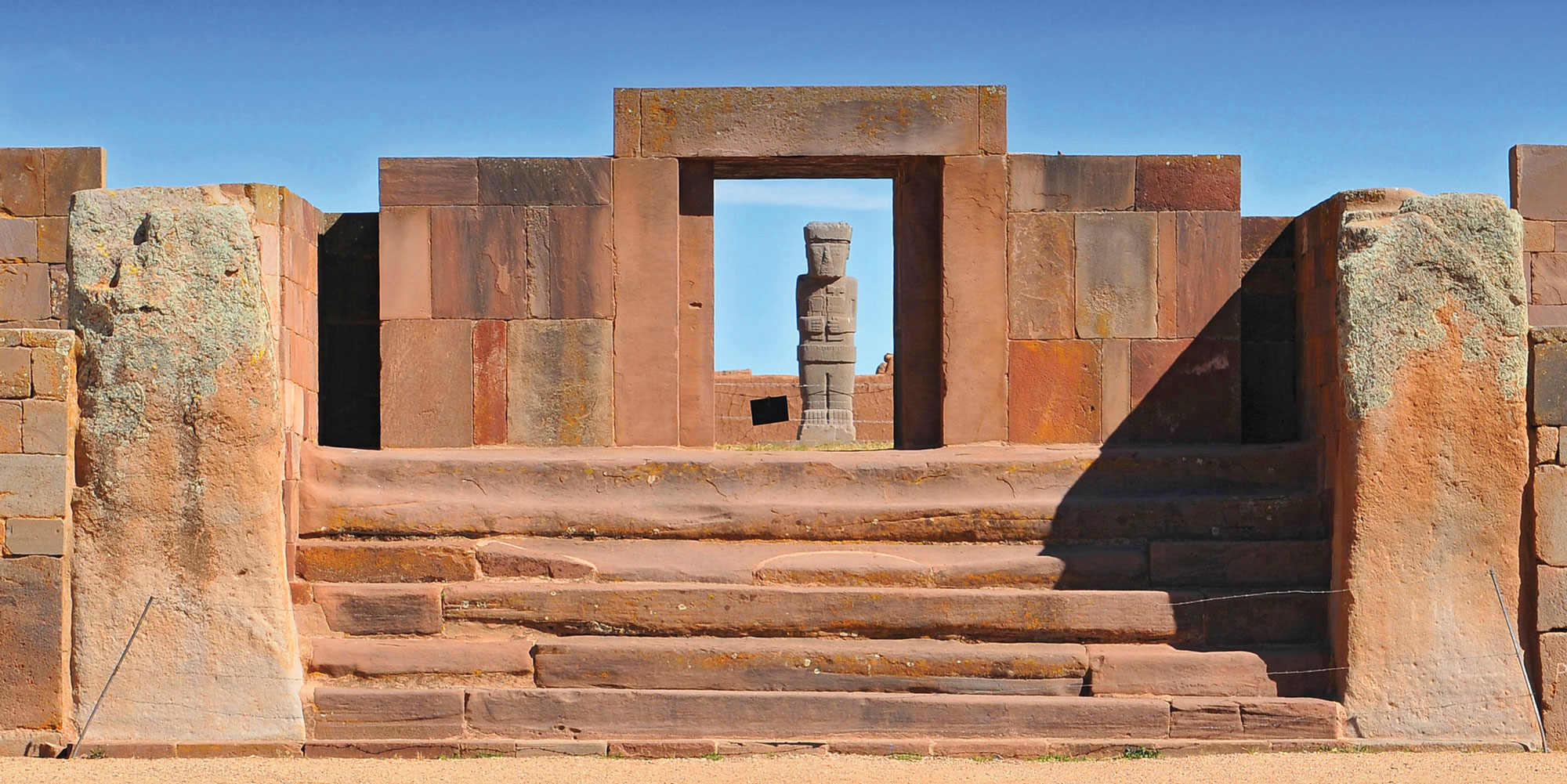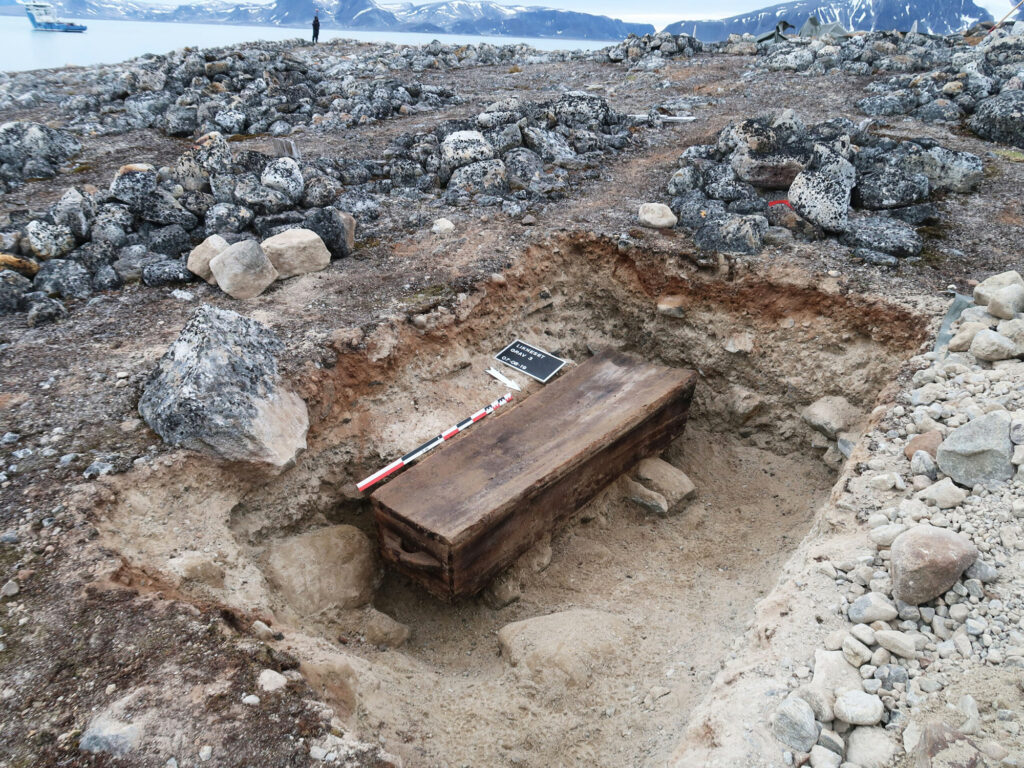
SVALBARD, NORWAY—Science Norway reports that archaeologist Lise Loktu of the Norwegian Institute for Cultural Heritage Research and her colleagues are excavating a whalers’ graveyard on an island in Norway’s Svalbard archipelago that is in danger or eroding into the Arctic Ocean. Some 800 graves have been identified to date. During the seventeenth and eighteenth centuries, whalers hunted whales and processed their blubber into oil, while whale bone was used to make parasols and corset stays. Whalers were vulnerable to injuries and diseases like scurvy. “This led to the creation of large grave sites with unique burial traditions for those involved in the industry,” Lotku said. The cold climate has preserved human remains, coffins, equipment, and clothing, she added. “We see that they repaired and used their clothes for a long time,” Lotku said, explaining that the clothes were not specialized for whaling, but were the regular winter clothes worn by poor people. Study of the skeletons promises to reveal more information about the physically demanding work done by the whalers. DNA analysis of the remains could provide information about their nationality and perhaps identify possible descendants, Lotku concluded. To read about the wreck of a nineteenth-century whaling ship in the Gulf of Mexico, go to "1,000 Fathoms Down."


